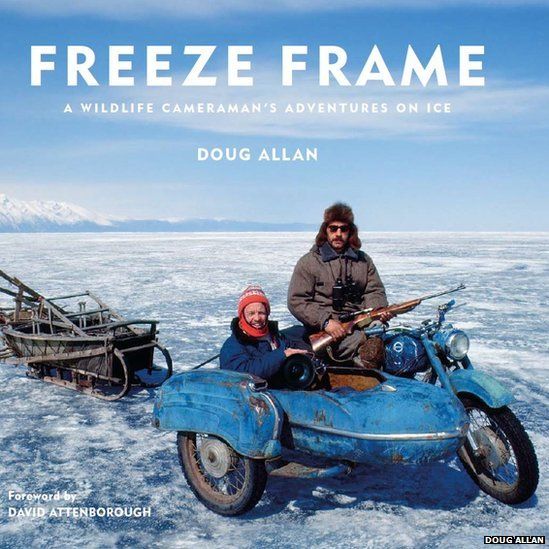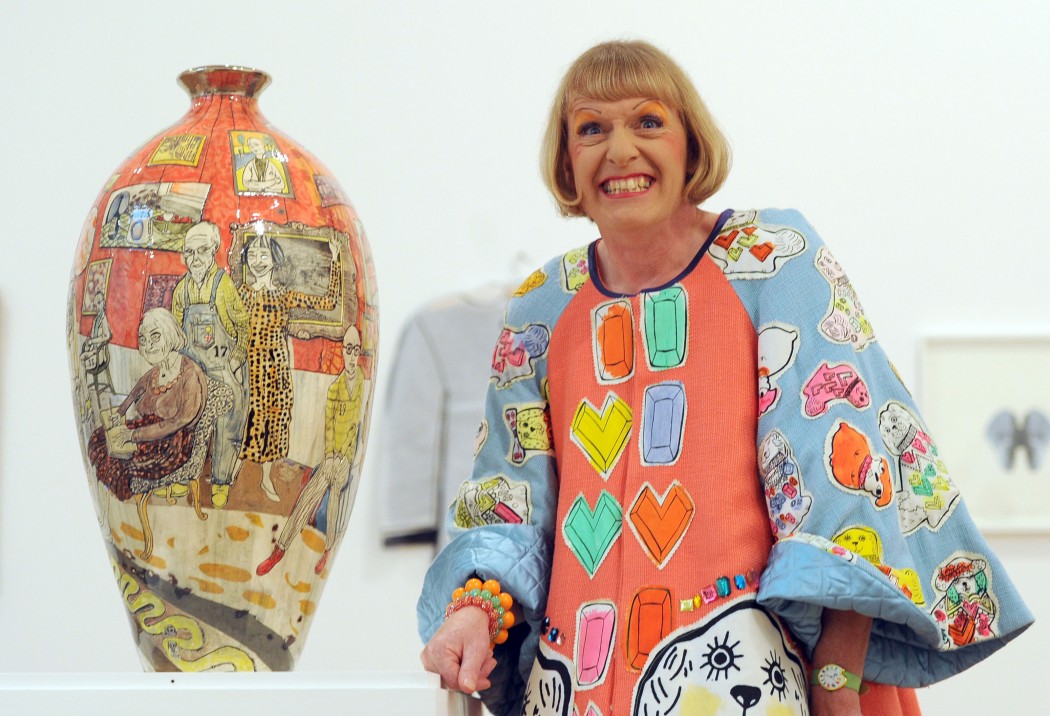My next guest is Doug Allen - the award-winning photographer and cinematographer. You may not know his name, but you will undoubtedly know his work. He specialises in underwater photography in polar regions, and worked on some of the groundbreaking natural history programmes produced by the BBC. He studied Marine Biology at Stirling University before becoming a commercial diver. In the 70s, he joined the British Antarctic Survey and began a love affair with the polar regions that still endures. He began making films for TV in the late 80s, working on 'Survival' and then on The Blue Planet, Planet Earth, Life, Human Planet, Frozen Planet, Expedition Iceberg, Ocean Giants, Forces of Nature and many others. He's filmed many 'screen firsts' including orcas attacking grey whales off California, polar bears trying to capture belugas in a frozen hole in Arctic Canada, and killer whales washing seals off ice floes in Antarctica.
As a scuba diver based in Bristol, the home of the BBC's Natural History Unit, I have had the great fortune to meet a number of the people involved in making these films, so Doug in some ways, serves as representative for all of them. I have tremendous respect for the cameramen and women, scientists, presenters, technicians, editors, directors and producers involved in making these incredible and world-renowned documentaries, but Doug stands out because of his fearlessness.
Like many older divers, Doug has a very calm and matter-of-fact way about him, even when talking about potentially life-threatening situations. Consider how potentially dangerous diving can be: Add to that the challenging environmental conditions in the polar regions, and then throw in hungry polar bears, inquisitive orcas and curious walruses, and a calm disposition is critical. It is his knowledge of the natural world and his experience that informs his fearlessness - not bravado. I will never forget chatting with him about the time he was filming walruses when one popped up right in front of him and gabbed his head in it's huge flippers ( a fully grown male walrus can be up to 12 feet long and weigh over a tonne and a half.) He proceeded to calmly explain to me that walruses feed on shellfish by sucking them out of their shells, and that, if he decided to, he could probably have sucked his brain out through his nose. (Maybe not one for the dinner table!)
My next guest is artist and Turner Prize winner Grayson Perry. Anyone who knows me well will be aware of my confused and confusing relationship with art. I know little about the art world, especially the contemporary one - it is utterly baffling to me. I do paint and draw, but my images are photographic representations or geometric ramblings - pleasant to look at - but they express little, I suspect, beyond my cognitive visual style. This has always frustrated me, and my frustration has, in the past, found a target in the contemporary art world. (Many of it's luminaries 'walked the walk' but didn't bother to 'talk the talk', presumably because they would be found to have nothing of consequence to say). When I watched coverage of 'The Turner Prize' - I disliked most nominees because of their unwillingness or inability to explain their work satisfactorily to make it more accessible to people. ('Installations' like Tracy Emin's Unmade Bed still leave me cold.) Without this explanation, it was lost on me. I cannot guess at the meaning of most contemporary artwork by just looking at it - it's much like looking at someone and trying to guess what they are thinking - impossible for someone with Asperger's...
Grayson Perry won the Prize in 2003, and changed my view of the art world overnight. He was proof that artists could still deliver meaningful, affecting work that was still accessible to all. As can be seen by his ceramics, sculptures and tapestries/embroideries, he is also an extremely talented craftsman. What a hero!
Since then, Mr Perry has proved to be a true cultural icon. Genuinely interested in the "prejudices, fashions and foibles" of UK society, he produced the only TV programme worth watching about the entire Brexit debacle, and his current 'Art Club' programme has been a delight. Anyone with Asperger's appreciates plain-speaking, and Grayson's ability to put art back where it belongs - in the hands of people everywhere, from all ages and backgrounds is a joy to watch. I love the dichotomy of his hugely colourful character and his down-to-earth inspirations, and no imaginary dinner party of mine would be complete without him. (A spectacular dress is always a plus, Grayson but the dress code is informal - I don't imagine I could get many of my guests to be comfortable otherwise!)
My next guest (and the last for this part) is the physicist Richard Feynman. (1918-1988) Yes I know I said they wouldn't all be physicists, but I simply cannot leave him off the list. I first heard about Richard Feynman in my early 30s when I was looking into the famous 'double slit' experiment. (This is the experiment that is a cornerstone of quantum mechanics that showed how electrons behave as both a particle and a wave.) This is when my obsession with physics really got started. Feynman was a colourful character, as well as being a groundbreaking theoretical physicist. He did not let anything get in the way of his curiosity, or his passion to prove his point! His tales of working on the Manhattan Project in Los Alamos, for instance - his tendency to demonstrate a lack of security by picking locks on everyone's filing cabinets - and his time in Brazil, affecting enormous change to the way physics is taught (and playing bongos) are highly entertaining. I won't go into his work in theoretical physics - anyone who would be interested in it would surely already know it in detail, but suffice it to say that the Nobel Prize winner's tremendous contribution to science is without question.
Unusually for people in his field, Feynman was happy to embrace the medium of TV, so there is plenty of material around to get a sense of the man, his humour and his thought processes. He was a great teacher, (his series of lectures on Physics, delivered in the early 60s at Caltech, are legendary and referred to in physics circles as 'The Great Explainer' - they remain required reading for anyone choosing to study physics) and a dogged investigator (he was involved in the Rogers Commission that investigated the Space Shuttle Challenger disaster before his death in 1988. A curious character with a great mind. He'd bring with a wealth of experiences and stories and would probably fix my toaster too.
Until next time, when you will meet my final set of guests.




No comments:
Post a Comment